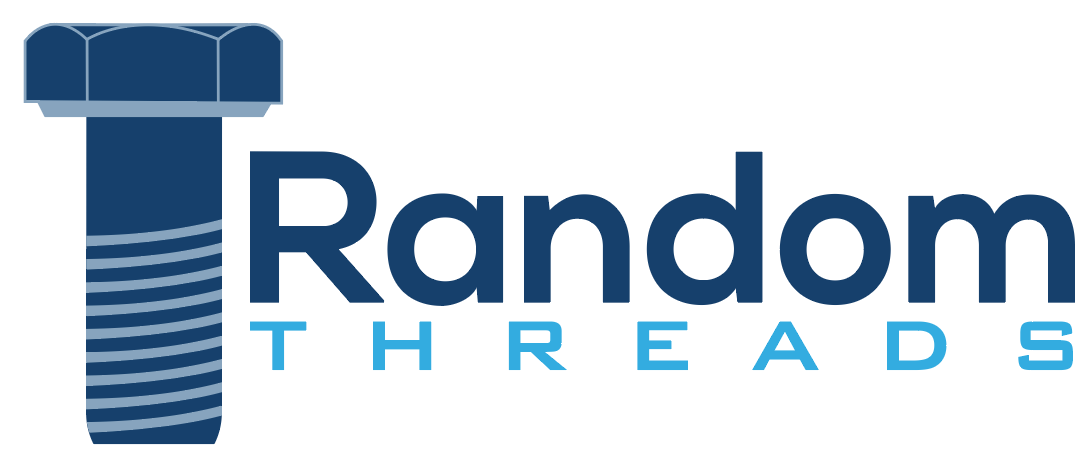- Home
- About Pac-West
- Events
- Fastener Training
- Membership
- Members Only
- Resources
|
Adapting Through Difficult TimesFebruary 2022 COVID-19 has transformed our lives including offices, restaurants, hospitals, schools, live events, and government buildings. In response, fastener distributors have transformed their businesses to meet the challenge. The pandemic forced organizations to adapt, plan and deliver solutions to a rapidly changing environment. Business leaders were forced into crisis management to stabilize their operations, protect their workforce, and communicate with customers. But two years later, businesses enjoying the most success have embraced the current lifestyle and employee flexibility as the way of the future. Case in point: Index Industries “As an optimist, I have always subscribed to the idea that if you look hard enough you can always find a positive buried within a negative, but that idea would be put to the test during the initial days and months following the onset of COVID,” stated Shane Bearly, president and CEO of Index Industries. “After some time had passed and the dust had settled inevitably, we found what we were looking for.” When the dust of the pandemic started settling, Bearly and other Index Industries executives realized that the core leadership team had become closer and stronger during the struggle of the past year. “Having to deal with outside-the-box business solutions during exigent circumstances seemingly changing by the moment, combined with highly emotional employee factors and at times wondering if we were going to even be able to operate, ended up placing our leadership team in a wartime triage-like scenario which, through its very nature, developed a connection unlike any leadership seminar ever could.” The difference? It wasn’t a drill, it was real. Bearly considers it a significantly positive development: “a hardened skill, a real-world tool which everyone on our team will now carry with them and be able to relate to for the rest of their lives.” Other fastener distributors found success thinking outside traditional structures and solutions. Case in point: Advance Components At a time in history when millions of U.S. workers were quitting their jobs, reeling from the loss of certainty about their lives, Advance Components president Gary Cravens recognized that his employees wanted autonomy over when and how they worked. His response? Initiating remote work. “Everyone is trying to figure out how to get a better work-life balance. By allowing people to work reasonable and more flexible hours, eliminating long commutes when possible, avoiding unnecessary in-person meetings, and even just allowing a little flexibility in how our people dress, I believe we’ve come a long way to providing a better work-life balance.” Working remotely has its challenges, Cravens noted. It’s difficult to coordinate communication between teams, especially sales, when everyone is home all the time. And it’s hard to track personal performance when people are working remotely. Collaboration is key, according to Cravens. “My personal experience is that (people working remotely) get more done in fewer hours because they are interrupted less often.” However, with “apprenticeship culture” in full swing at Advance Components, workers have returned to work collectively. “Working remotely does not afford the opportunity for learning first-hand, which we have found to be simply the most effective tried-and-true method of learning complicated tasks,” Cravens said. While some companies try to save money with remote workers, Advance Components is committed to a collaborative approach that requires some face-to-face time. To promote this concept, the company has invested in a modern kitchen and new bathrooms, breakroom, and conference room. The results are encouraging, Cravens found. Advance Components has developed a hybrid workweek with alternating days in the office and at home “The flexibility we are providing seems to be working well. There’s no doubt that employees working remotely in some form is here to stay.” Would you like to share your experience? Contact Amy Nijjar [email protected].
|



